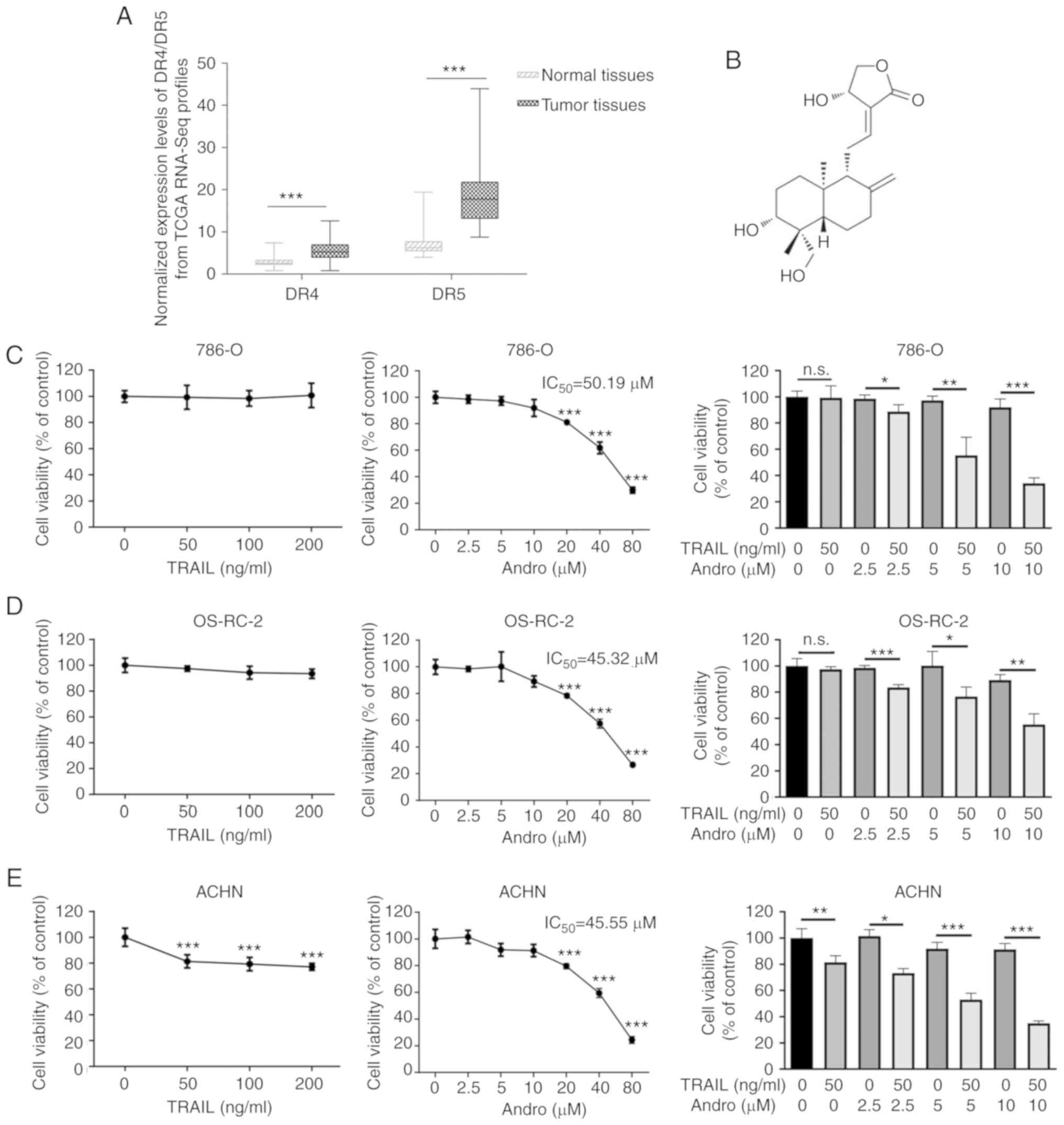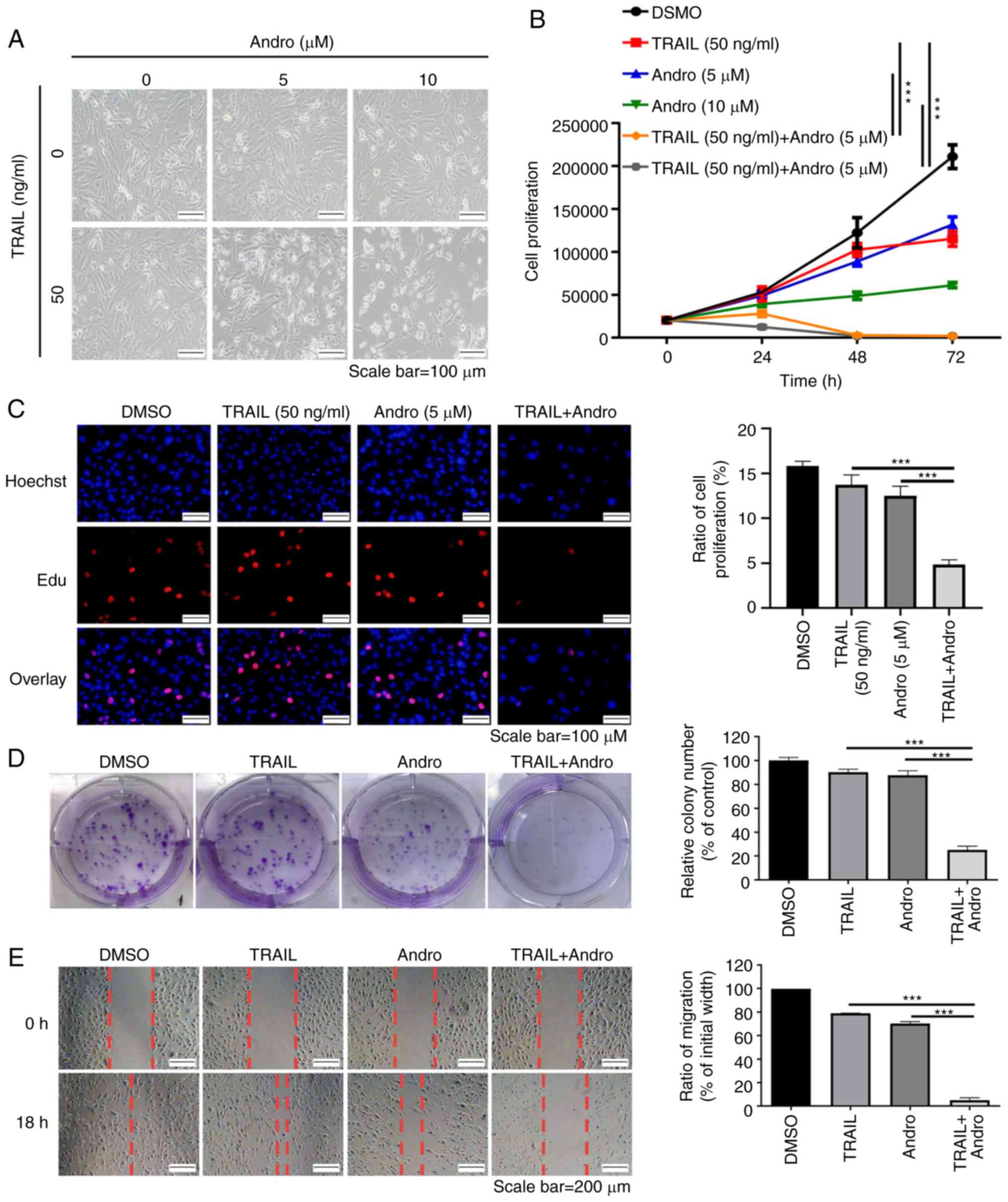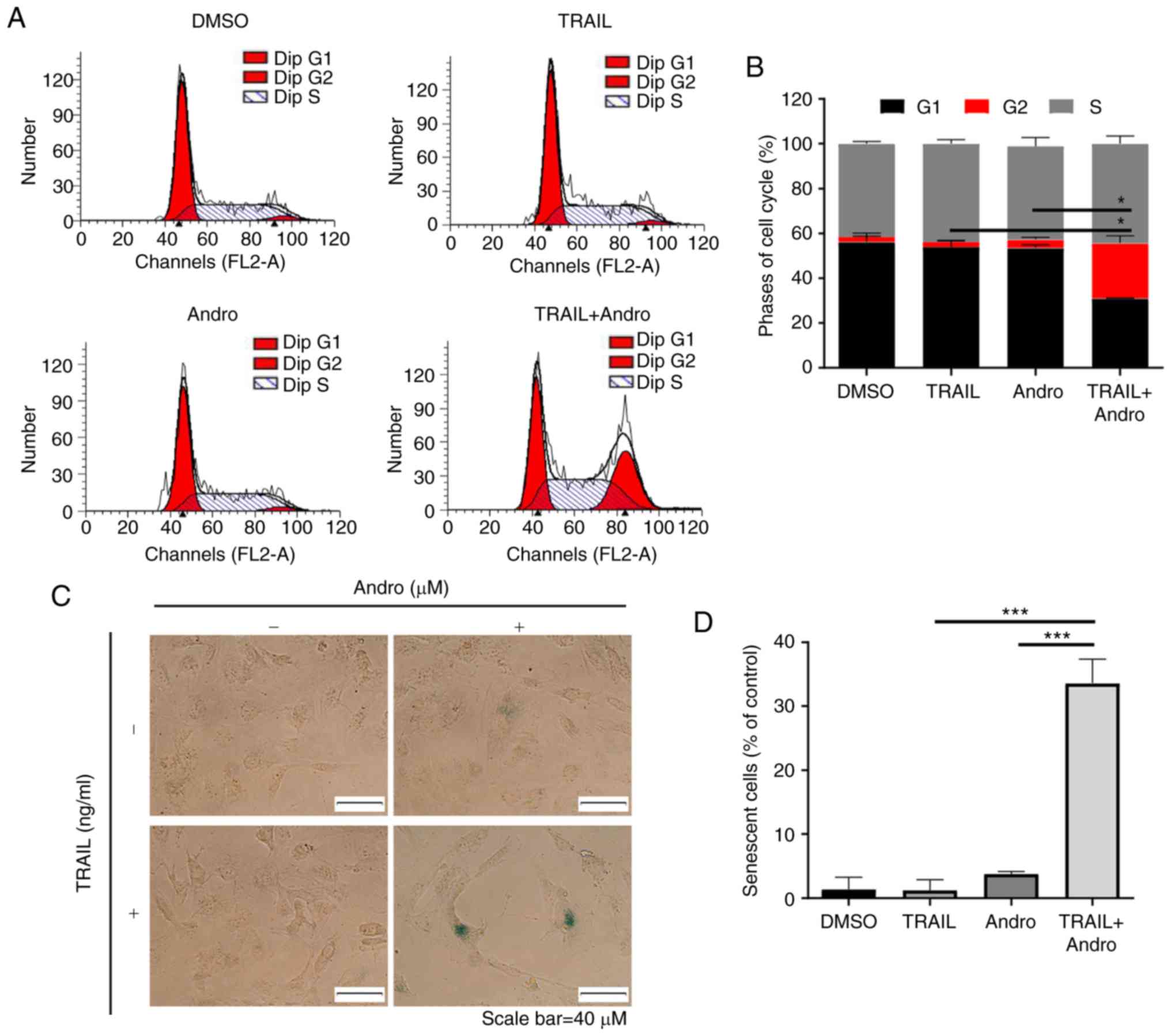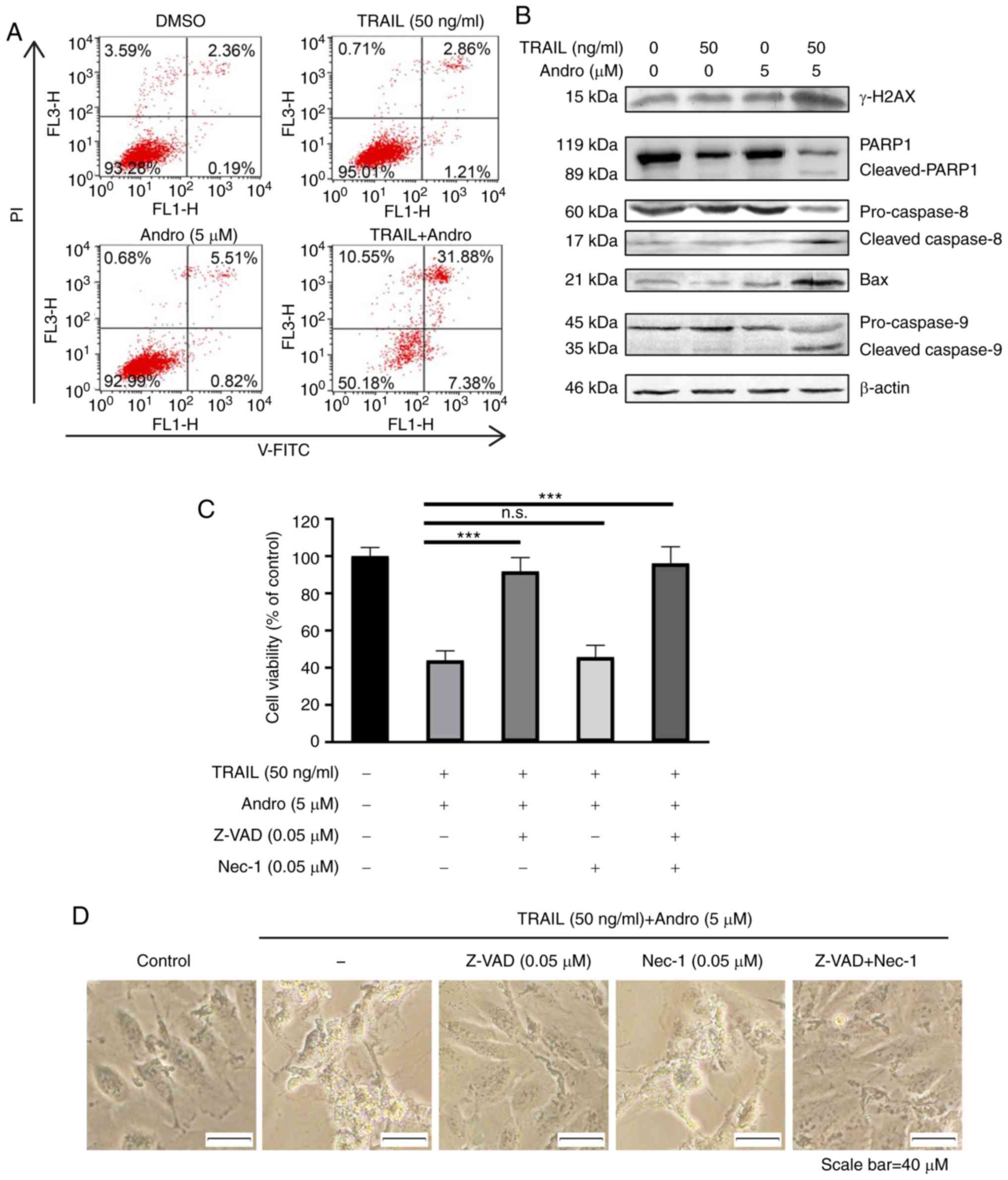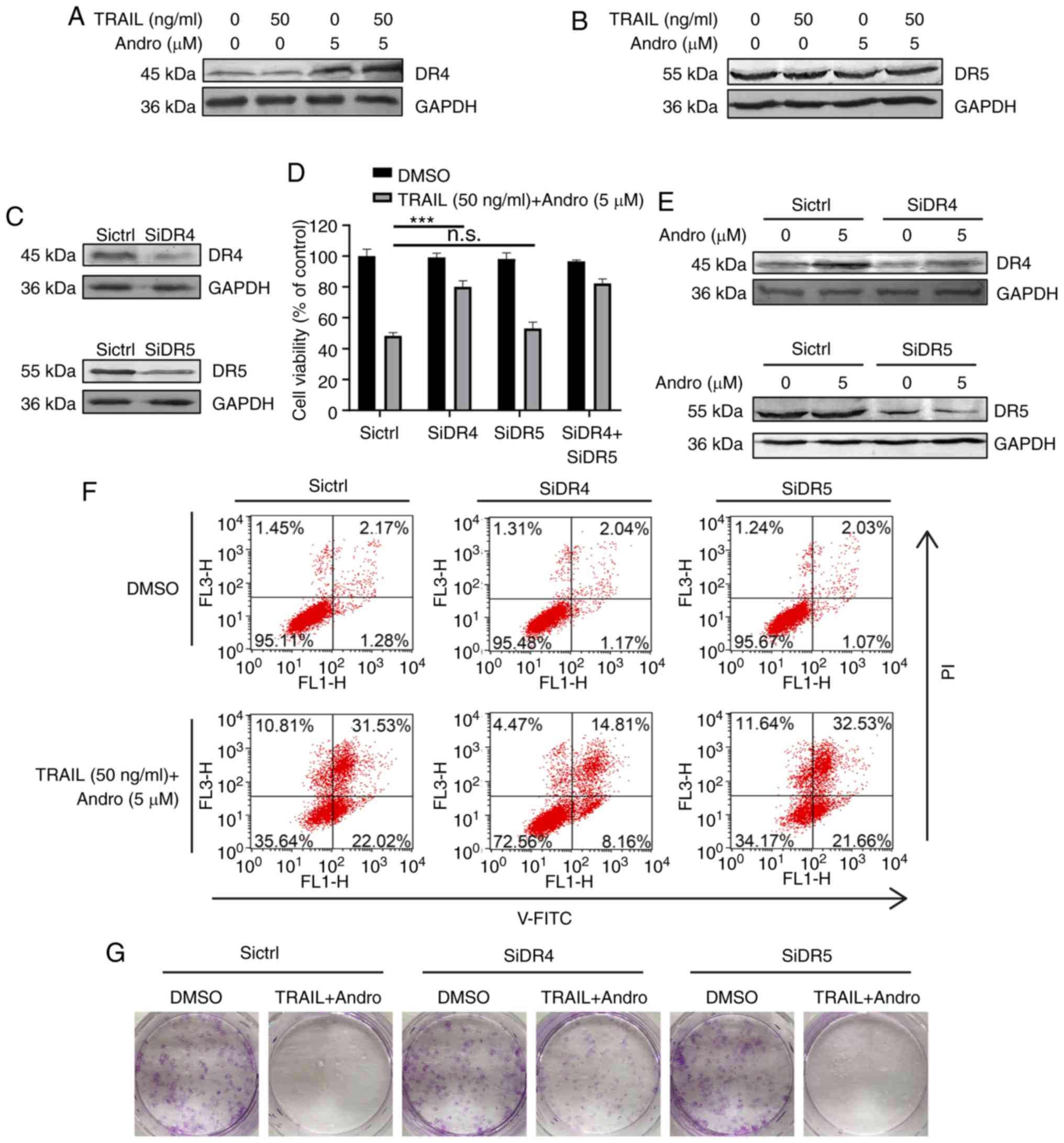|
1
|
Ferlay J, Soerjomataram I, Dikshit R, Eser
S, Mathers C, Rebelo M, Parkin DM, Forman D and Bray F: Cancer
incidence and mortality worldwide: Sources, methods and major
patterns in GLOBOCAN 2012. Int J Cancer. 136:E359–E386. 2015.
View Article : Google Scholar : PubMed/NCBI
|
|
2
|
Eble JN, Sauter G, Epstein JI and
Sesterhenn IA: World Health Organization Classification of Tumours.
Pathology and genetics of tumours of the urinary system and male
genital organs. IARC Press; Lyon: 2004
|
|
3
|
Van Poppel H, Da Pozzo L, Albrecht W,
Matveev V, Bono A, Borkowski A, Colombel M, Klotz L, Skinner E,
Keane T, et al: A prospective, randomised EORTC intergroup phase 3
study comparing the oncologic outcome of elective nephron-sparing
surgery and radical nephrectomy for low-stage renal cell carcinoma.
Eur Urol. 59:543–552. 2011. View Article : Google Scholar : PubMed/NCBI
|
|
4
|
Shinder BM, Rhee K, Farrell D, Farber NJ,
Stein MN, Jang TL and Singer EA: Surgical management of advanced
and metastatic renal cell carcinoma: A multidisciplinary approach.
Front Oncol. 7:1072017. View Article : Google Scholar : PubMed/NCBI
|
|
5
|
Li P, Wong YN, Armstrong K, Haas N, Subedi
P, Davis-Cerone M and Doshi JA: Survival among patients with
advanced renal cell carcinoma in the pretargeted versus targeted
therapy eras. Cancer Med. 5:169–181. 2016. View Article : Google Scholar : PubMed/NCBI
|
|
6
|
Banumathy G and Cairns P: Signaling
pathways in renal cell carcinoma. Cancer Biol Ther. 10:658–664.
2010. View Article : Google Scholar : PubMed/NCBI
|
|
7
|
Ashkenazi A and Salvesen G: Regulated cell
death: Signaling and mechanisms. Annu Rev Cell Dev Biol.
30:337–356. 2014. View Article : Google Scholar : PubMed/NCBI
|
|
8
|
LeBlanc HN and Ashkenazi A: Apo2L/TRAIL
and its death and decoy receptors. Cell Death Differ. 10:66–75.
2003. View Article : Google Scholar : PubMed/NCBI
|
|
9
|
Luo X, Budihardjo I, Zou H, Slaughter C
and Wang X: Bid, a Bcl2 interacting protein, mediates cytochrome c
release from mitochondria in response to activation of cell surface
death receptors. Cell. 94:481–490. 1998. View Article : Google Scholar : PubMed/NCBI
|
|
10
|
Du C, Fang M, Li Y, Li L and Wang X: Smac,
a mitochondrial protein that promotes cytochrome c-dependent
caspase activation by eliminating IAP inhibition. Cell. 102:33–42.
2000. View Article : Google Scholar : PubMed/NCBI
|
|
11
|
Jin Z and El-Deiry WS: Overview of cell
death signaling pathways. Cancer Biol Ther. 4:139–163. 2005.
View Article : Google Scholar : PubMed/NCBI
|
|
12
|
Hall MA and Cleveland JL: Clearing the
TRAIL for cancer therapy. Cancer Cell. 12:4–6. 2007. View Article : Google Scholar : PubMed/NCBI
|
|
13
|
Wang S and El-Deiry WS: TRAIL and
apoptosis induction by TNF-family death receptors. Oncogene.
22:8628–8633. 2003. View Article : Google Scholar : PubMed/NCBI
|
|
14
|
Huang Y and Sheikh MS: TRAIL death
receptors and cancer therapeutics. Toxicol Appl Pharmacol.
224:284–289. 2007. View Article : Google Scholar : PubMed/NCBI
|
|
15
|
Ou YC, Li JR, Kuan YH, Raung SL, Wang CC,
Hung YY, Pan PH, Lu HC and Chen CJ: Luteolin sensitizes human 786-O
renal cell carcinoma cells to TRAIL-induced apoptosis. Life Sci.
100:110–117. 2014. View Article : Google Scholar : PubMed/NCBI
|
|
16
|
Wei R, Zhu G, Jia N and Yang W:
Epigallocatechin-3-gallate sensitizes human 786-O renal cell
carcinoma cells to TRAIL-induced apoptosis. Cell Biochem Biophys.
72:157–164. 2015. View Article : Google Scholar : PubMed/NCBI
|
|
17
|
Deng Y, Bi R, Guo H, Yang J, Du Y, Wang C
and Wei W: Andrographolide enhances TRAIL-induced apoptosis via
p53-mediated death receptors up-regulation and suppression of the
NF-кB pathway in bladder cancer cells. Int J Biol Sci. 15:688–700.
2019. View Article : Google Scholar : PubMed/NCBI
|
|
18
|
Zeng Z, Que T, Zhang J and Hu Y: A study
exploring critical pathways in clear cell renal cell carcinoma. Exp
Ther Med. 7:121–130. 2014. View Article : Google Scholar : PubMed/NCBI
|
|
19
|
Buti S, Bersanelli M, Sikokis A, Maines F,
Facchinetti F, Bria E, Ardizzoni A, Tortora G and Massari F:
Chemotherapy in metastatic renal cell carcinoma today? A systematic
review. Anticancer Drugs. 24:535–554. 2013.PubMed/NCBI
|
|
20
|
von Karstedt S, Montinaro A and Walczak H:
Exploring the TRAILs less travelled: TRAIL in cancer biology and
therapy. Nat Rev Cancer. 17:352–366. 2017. View Article : Google Scholar : PubMed/NCBI
|
|
21
|
Ashkenazi A, Pai RC, Fong S, Leung S,
Lawrence DA, Marsters SA, Blackie C, Chang L, McMurtrey AE, Hebert
A, et al: Safety and antitumor activity of recombinant soluble Apo2
ligand. J Clin Invest. 104:155–162. 1999. View Article : Google Scholar : PubMed/NCBI
|
|
22
|
Walczak H, Miller RE, Ariail K, Gliniak B,
Griffith TS, Kubin M, Chin W, Jones J, Woodward A, Le T, et al:
Tumoricidal activity of tumor necrosis factor-related
apoptosis-inducing ligand in vivo. Nat Med. 5:157–163. 1999.
View Article : Google Scholar : PubMed/NCBI
|
|
23
|
Roberts NJ, Zhou S, Diaz LA Jr and
Holdhoff M: Systemic use of tumor necrosis factor alpha as an
anticancer agent. Oncotarget. 2:739–751. 2011. View Article : Google Scholar : PubMed/NCBI
|
|
24
|
Ahmed SM, Wu X, Jin X, Zhang X, Togo Y,
Suzuki T, Li Y, Kanematsu A, Nojima M, Yamamoto S, et al:
Synergistic induction of apoptosis by mapatumumab and
anthracyclines in human bladder cancer cells. Oncol Rep.
33:566–572. 2015. View Article : Google Scholar : PubMed/NCBI
|
|
25
|
Yuan X, Gajan A, Chu Q, Xiong H, Wu K and
Wu GS: Developing TRAIL/TRAIL death receptor-based cancer
therapies. Cancer Metastasis Rev. 37:733–748. 2018. View Article : Google Scholar : PubMed/NCBI
|
|
26
|
Johnstone RW, Ruefli AA and Lowe SW:
Apoptosis: A link between cancer genetics and chemotherapy. Cell.
108:153–164. 2002. View Article : Google Scholar : PubMed/NCBI
|
|
27
|
Hanahan D and Weinberg RA: Hallmarks of
cancer: The next generation. Cell. 144:646–674. 2011. View Article : Google Scholar : PubMed/NCBI
|
|
28
|
Chen Z, Sangwan V, Banerjee S, Chugh R,
Dudeja V, Vickers SM and Saluja AK: Triptolide sensitizes
pancreatic cancer cells to TRAIL-induced activation of the death
receptor pathway. Cancer Lett. 348:156–166. 2014. View Article : Google Scholar : PubMed/NCBI
|
|
29
|
Hotta M, Sakatani T, Ishino K, Wada R,
Kudo M, Yokoyama Y, Yamada T, Yoshida H and Naito Z: Farnesoid X
receptor induces cell death and sensitizes to TRAIL-induced
inhibition of growth in colorectal cancer cells through the
up-regulation of death receptor 5. Biochem Biophys Res Commun.
519:824–831. 2019. View Article : Google Scholar : PubMed/NCBI
|
|
30
|
Shishodia G, Koul S, Dong Q and Koul HK:
Tetrandrine (TET) induces death receptors Apo Trail R1 (DR4) and
Apo Trail R2 (DR5) and sensitizes prostate cancer cells to
TRAIL-induced apoptosis. Mol Cancer Ther. 17:1217–1228. 2018.
View Article : Google Scholar : PubMed/NCBI
|
|
31
|
Yang X, Li Z, Wu Q, Chen S, Yi C and Gong
C: TRAIL and curcumin codelivery nanoparticles enhance
TRAIL-induced apoptosis through upregulation of death receptors.
Drug Deliv. 24:1526–1536. 2017. View Article : Google Scholar : PubMed/NCBI
|
|
32
|
Aubrey BJ, Kelly GL, Janic A, Herold MJ
and Strasser A: How does p53 induce apoptosis and how does this
relate to p53-mediated tumour suppression? Cell Death Differ.
25:104–113. 2018. View Article : Google Scholar : PubMed/NCBI
|
|
33
|
Zhou J, Lu GD, Ong CS, Ong CN and Shen HM:
Andrographolide sensitizes cancer cells to TRAIL-induced apoptosis
via p53-mediated death receptor 4 up-regulation. Mol Cancer Ther.
7:2170–2180. 2008. View Article : Google Scholar : PubMed/NCBI
|
|
34
|
Wei RJ, Zhang XS and He DL:
Andrographolide sensitizes prostate cancer cells to TRAIL-induced
apoptosis. Asian J Androl. 20:200–204. 2018. View Article : Google Scholar : PubMed/NCBI
|
|
35
|
Chen M, Wang X, Zha D, Cai F, Zhang W, He
Y, Huang Q, Zhuang H and Hua ZC: Apigenin potentiates TRAIL therapy
of non-small cell lung cancer via upregulating DR4/DR5 expression
in a p53-dependent manner. Sci Rep. 6:354682016. View Article : Google Scholar : PubMed/NCBI
|
|
36
|
Takimoto R and El-Deiry WS: Wild-type p53
transactivates the KILLER/DR5 gene through an intronic
sequence-specific DNA-binding site. Oncogene. 19:1735–1743. 2000.
View Article : Google Scholar : PubMed/NCBI
|
|
37
|
Liu X, Yue P, Khuri FR and Sun SY: p53
upregulates death receptor 4 expression through an intronic p53
binding site. Cancer Res. 64:5078–5083. 2004. View Article : Google Scholar : PubMed/NCBI
|
|
38
|
Rajagopal S, Kumar RA, Deevi DS,
Satyanarayana C and Rajagopalan R: Andrographolide, a potential
cancer therapeutic agent isolated from Andrographis
paniculata. J Exp Ther Oncol. 3:147–158. 2003. View Article : Google Scholar : PubMed/NCBI
|
|
39
|
Kumar RA, Sridevi K, Kumar NV, Nanduri S
and Rajagopal S: Anticancer and immunostimulatory compounds from
Andrographis paniculata. J Ethnopharmacol. 92:291–295. 2004.
View Article : Google Scholar : PubMed/NCBI
|
|
40
|
Sabu KK, Padmesh P and Seeni S:
Intraspecific variation in active principle content and isozymes of
Andrographis paniculata Nees (Kalmegh): A traditional
hepatoprotective medicinal herb of India. J Med Aromat Plant Sci.
23:637–647. 2001.
|
|
41
|
Peng T, Hu M, Wu TT, Zhang C, Chen Z,
Huang S and Zhou XH: Andrographolide suppresses proliferation of
nasopharyngeal carcinoma cells via attenuating NF-κB pathway.
Biomed Res Int. 2015:7350562015. View Article : Google Scholar : PubMed/NCBI
|
|
42
|
Gupta S, Mishra KP, Singh SB and Ganju L:
Inhibitory effects of andrographolide on activated macrophages and
adjuvant-induced arthritis. Inflammopharmacology. 26:447–456. 2018.
View Article : Google Scholar : PubMed/NCBI
|
|
43
|
Chan SJ, Wong WS, Wong PT and Bian JS:
Neuroprotective effects of andrographolide in a rat model of
permanent cerebral ischaemia. Br J Pharmacol. 161:668–679. 2010.
View Article : Google Scholar : PubMed/NCBI
|
|
44
|
Li B, Jiang T, Liu H, Miao Z, Fang D,
Zheng L and Zhao J: Andrographolide protects chondrocytes from
oxidative stress injury by activation of the Keap1-Nrf2-Are
signaling pathway. J Cell Physiol. 234:561–571. 2018. View Article : Google Scholar : PubMed/NCBI
|
|
45
|
Jaruchotikamol A, Jarukamjorn K,
Sirisangtrakul W, Sakuma T, Kawasaki Y and Nemoto N: Strong
synergistic induction of CYP1A1 expression by andrographolide plus
typical CYP1A inducers in mouse hepatocytes. Toxicol Appl
Pharmacol. 224:156–162. 2007. View Article : Google Scholar : PubMed/NCBI
|















